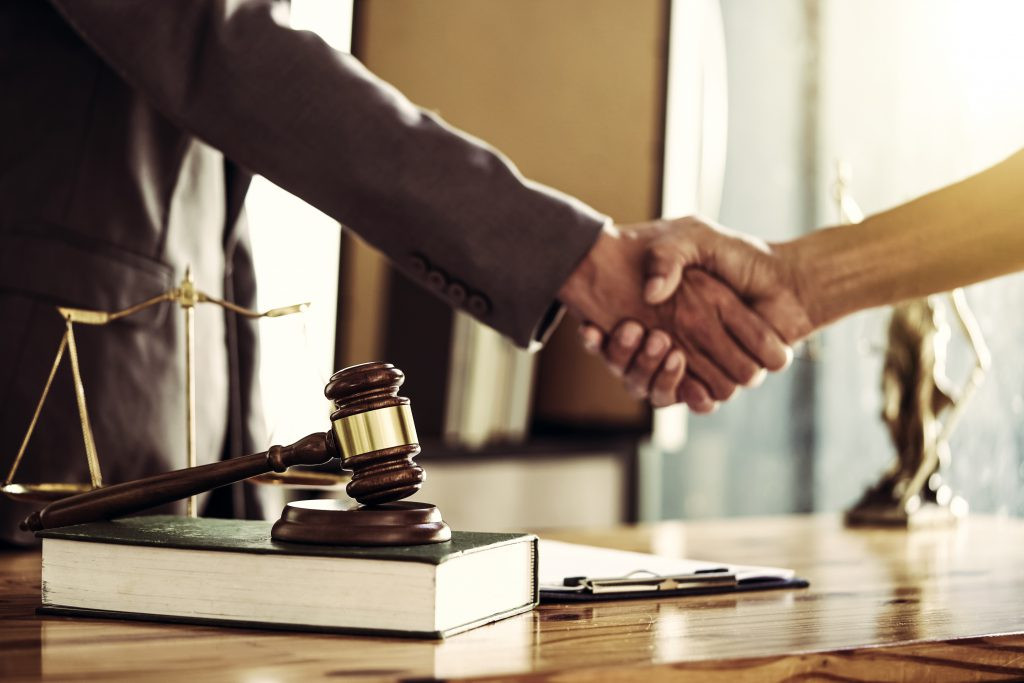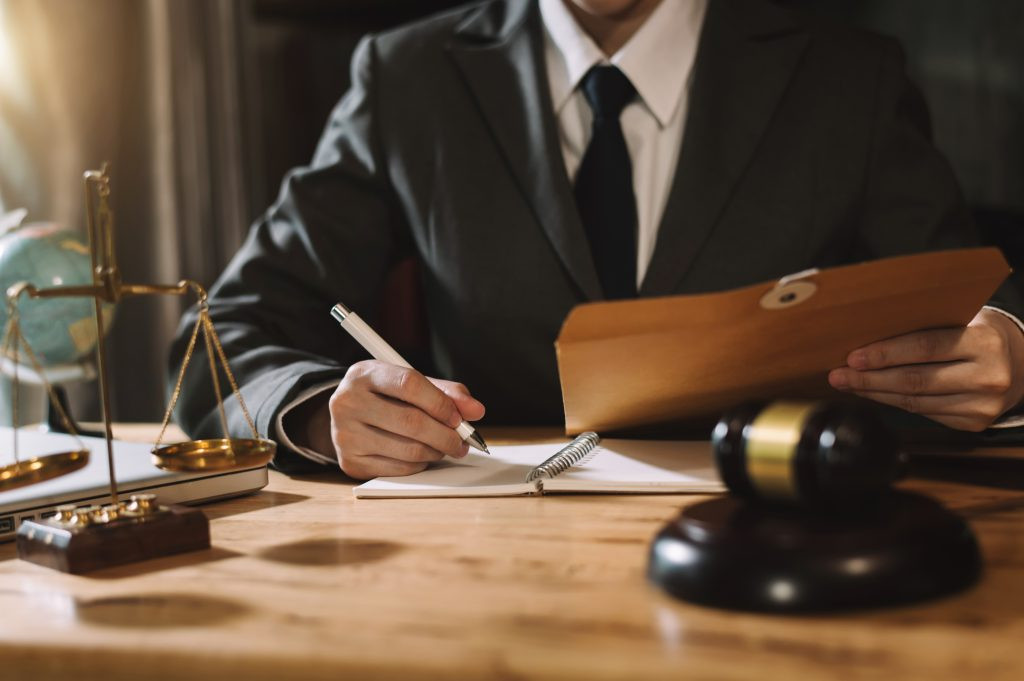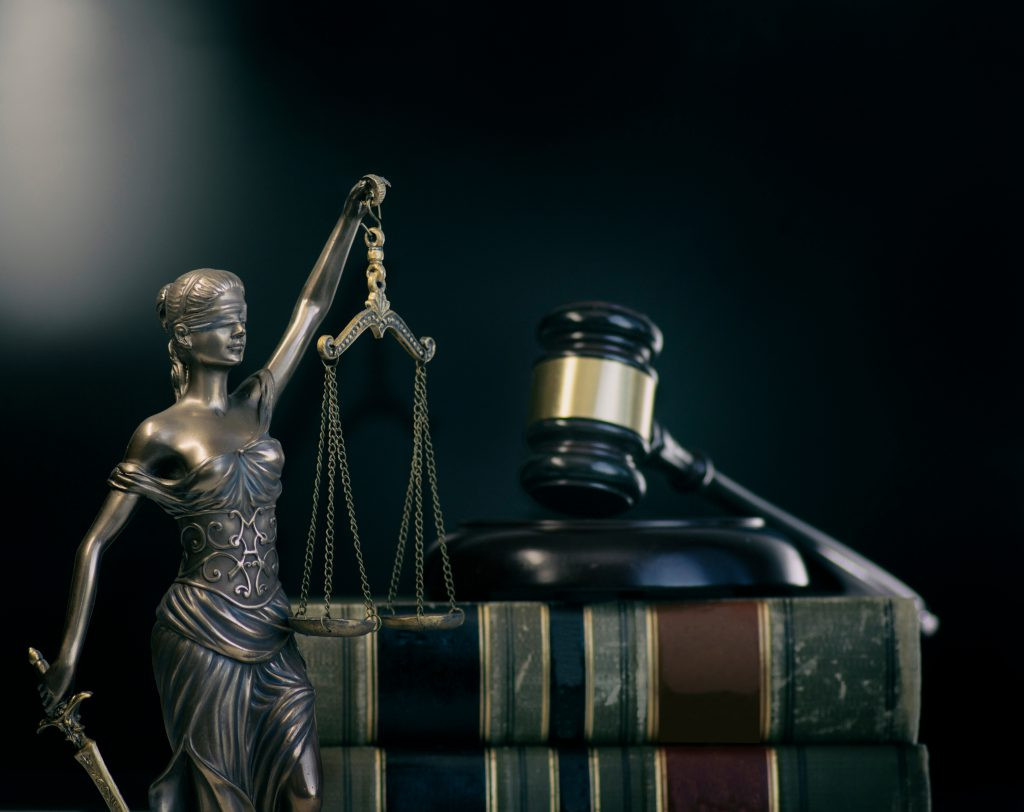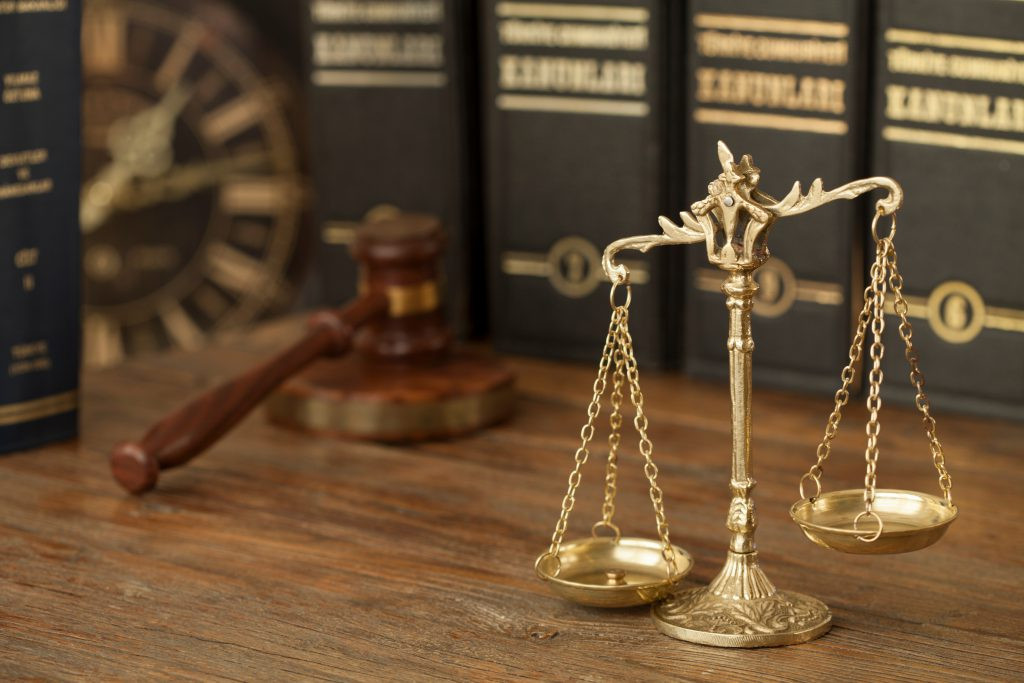Professionals in the legal field often hold titles that can be confusing to those outside the profession. While both lawyers and prosecutors operate within the legal system and require extensive legal training, their roles and responsibilities are distinctly different. Understanding whether you need a lawyer or are dealing with a prosecutor is crucial in navigating legal situations effectively. This article will explore the key differences between a lawyer and a prosecutor, clarifying their respective functions within the legal framework.
Defining the Lawyer (Attorney)
The terms “lawyer” and “attorney” are often used interchangeably, especially in everyday conversation. “Attorney” originates from French, meaning someone acting on behalf of another. While technically “attorney-in-fact” refers to someone appointed to act on another’s behalf in specific matters (like medical decisions), without needing legal training, in the legal profession, “attorney” and “lawyer” generally denote someone licensed to practice law.
A lawyer is generally understood as an individual who has completed law school and is qualified to give legal advice. To become a fully licensed attorney-at-law, a lawyer must pass the bar exam in their specific jurisdiction and be officially licensed to practice law in that state or region. Therefore, when we talk about needing a lawyer, we are usually referring to a licensed attorney who can represent individuals, businesses, or other entities in legal matters. This representation can take many forms, from providing legal counsel to defending someone in court.
 Lawyers shaking hands in an office setting, symbolizing legal agreements and representation.
Lawyers shaking hands in an office setting, symbolizing legal agreements and representation.
Defining the Prosecutor
A prosecutor, on the other hand, operates from a different standpoint within the legal system. A prosecutor is a legal professional who represents the government – whether it’s the federal, state, or local government – in criminal proceedings. Unlike lawyers who represent individual clients, a prosecutor’s client is the public, and their role is to pursue justice on behalf of the state.
Prosecutors are also fully trained legal professionals, often with similar legal education and qualifications as other lawyers. Their focus, however, is specifically on criminal law. They are responsible for reviewing cases brought by law enforcement, deciding whether to press criminal charges, and then presenting the government’s case against the accused in court. In many jurisdictions, the chief prosecutor for a local area is known as the “District Attorney.”
Furthermore, in specific, often high-profile or sensitive federal cases, a “special prosecutor” might be appointed. These are attorneys brought in from outside the regular government structure, often to investigate allegations of misconduct, particularly within governmental bodies, ensuring impartiality and public trust in the legal process.
 A judge presiding in a courtroom, representing the judicial system and legal proceedings.
A judge presiding in a courtroom, representing the judicial system and legal proceedings.
Key Differences: Lawyer vs. Prosecutor Roles in Court
The most fundamental difference between a lawyer and a prosecutor becomes apparent in a courtroom setting. In criminal trials, lawyers and prosecutors are essentially on opposing sides. The prosecutor, also known as the prosecuting attorney, bears the responsibility of proving the guilt of the person accused of a crime. They must present evidence and arguments to convince the court or jury “beyond a reasonable doubt” that the defendant committed the crime they are charged with.
Conversely, a defense lawyer, or criminal defense attorney, represents the individual accused of the crime. Their role is to defend their client against the charges brought by the prosecutor. This involves examining the evidence, challenging the prosecution’s case, and presenting their own arguments to demonstrate their client’s innocence or to mitigate the potential penalties. The defense lawyer aims to ensure that the client’s rights are protected throughout the legal process, regardless of guilt or innocence.
Goals and Objectives: Lawyer and Prosecutor
The core objective of a prosecutor is to secure a conviction against individuals accused of crimes, thereby upholding the law and ensuring public safety. They are tasked with demonstrating that the accused violated the law and should be held accountable. Prosecutors work to ensure that justice is served according to the legal statutes, which may involve seeking appropriate punishments for those found guilty.
In contrast, a lawyer’s primary goal when acting as a defense attorney is to protect the rights of their client. This includes ensuring fair treatment within the legal system and mounting a robust defense against criminal charges. The fundamental principle of “innocent until proven guilty” underpins the defense lawyer’s approach. They strive to ensure the prosecution meets its burden of proof and that their client receives the most favorable outcome possible under the circumstances, which could range from acquittal to reduced charges or a lighter sentence.
 Scales of justice symbolizing fairness and the balance between prosecution and defense in the legal system.
Scales of justice symbolizing fairness and the balance between prosecution and defense in the legal system.
Job Descriptions: What Lawyers and Prosecutors Do
The daily tasks and responsibilities of a lawyer and a prosecutor differ significantly, reflecting their distinct roles in the legal process.
Job Description of a Prosecutor:
A prosecutor’s job is centered around representing the public interest in criminal cases. This involves numerous responsibilities, including:
- Case Review and Charging Decisions: Evaluating police reports and evidence to decide whether to file criminal charges.
- Plea Bargaining: Negotiating plea agreements with defense attorneys, often to resolve cases more efficiently.
- Trial Preparation and Litigation: Preparing cases for court, which includes gathering evidence, interviewing witnesses, and developing legal strategies.
- Courtroom Representation: Presenting the government’s case in court, examining witnesses, and delivering opening and closing statements.
- Sentencing Recommendations: Recommending appropriate sentences to the court for convicted defendants.
Job Description of an Attorney (Defense Lawyer):
A defense lawyer’s work revolves around advocating for their clients throughout all stages of criminal proceedings, from initial arrest to potential appeals. Their duties include:
- Client Consultation and Counseling: Meeting with clients to understand their situation, explain their rights, and provide legal advice.
- Investigation and Evidence Review: Investigating the facts of the case, reviewing police reports and evidence, and often hiring private investigators.
- Negotiation: Engaging in plea negotiations with prosecutors to seek reduced charges or lighter sentences for their clients.
- Courtroom Advocacy: Representing clients in court hearings and trials, cross-examining witnesses, and presenting defenses.
- Appeals: Filing appeals if a client is convicted, arguing for a review of the case based on legal errors or insufficient evidence.
 Lawyers in a busy office environment, representing the demanding workload of legal professionals.
Lawyers in a busy office environment, representing the demanding workload of legal professionals.
Workload and Career Paths
Both lawyers and prosecutors typically face demanding workloads, although the nature and sources of pressure can differ. For defense lawyers, workload can vary significantly based on their employment setting. Public defenders, who represent clients who cannot afford legal representation, often handle very high caseloads with limited resources. Private defense attorneys’ workloads depend on their practice, specialization, and client base.
Prosecutors also experience substantial workloads, managing numerous cases simultaneously and facing the pressures of public scrutiny and the responsibility of ensuring justice. Their career paths are often structured within government service, with opportunities for advancement based on experience and success rate. Salaries for both professions can vary widely depending on experience, location, and whether they are in public service or private practice. Generally, private defense attorneys in established firms may have higher earning potential compared to public defenders or prosecutors, although this is not universally true.
Conclusion
Understanding the distinction between a lawyer and a prosecutor is essential for anyone interacting with the legal system. While both are highly trained legal professionals, their roles, objectives, and daily responsibilities are fundamentally different. Lawyers advocate for individuals or entities, ensuring their rights are protected, while prosecutors represent the government and the public interest in enforcing the law. Knowing whether you need to hire a lawyer for defense or are facing a prosecutor in court is a crucial first step in navigating any legal challenge effectively.
